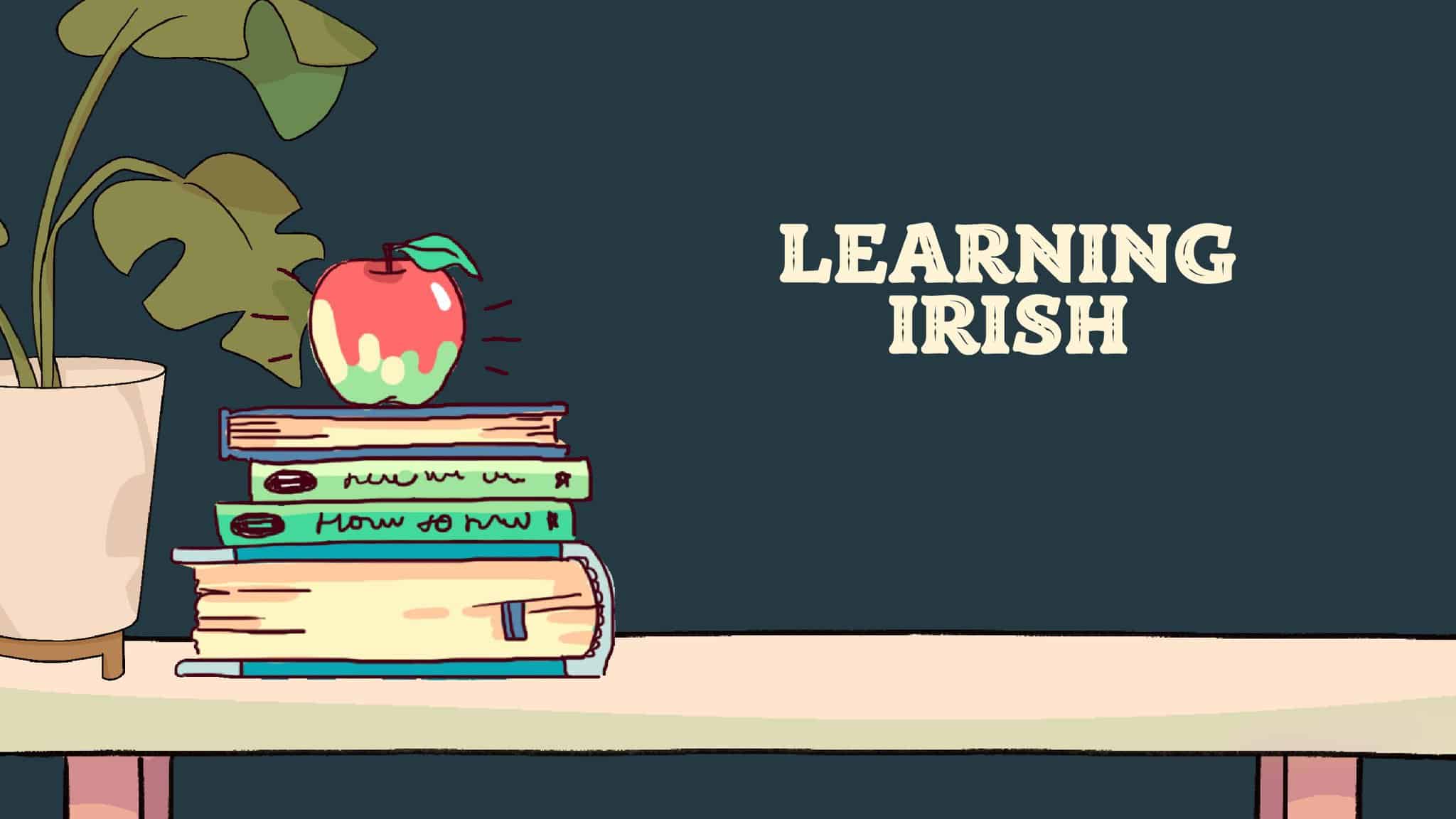
Learning Irish
If you want to improve your Irish or know of someone who wants to learn, or relearn, or improve their Irish, see below for a summary of great resources currently available to learners.
Classes
 Classes are a useful way to learn or improve your language skills, particularly if you are new or out of practice.
Classes are a useful way to learn or improve your language skills, particularly if you are new or out of practice.
There are short Irish courses available throughout the year, or you can decide on a longer course that results in a recognised qualification such as a certificate or a diploma.
There are many choices available from our list of training/educational organisations, including online attendance options.
Online help for learners
Between websites, online dictionaries and apps, there is a great deal now available online to help the learner – not only with the basics of grammar and vocabulary, but also with helping to improve the richness of their Irish.
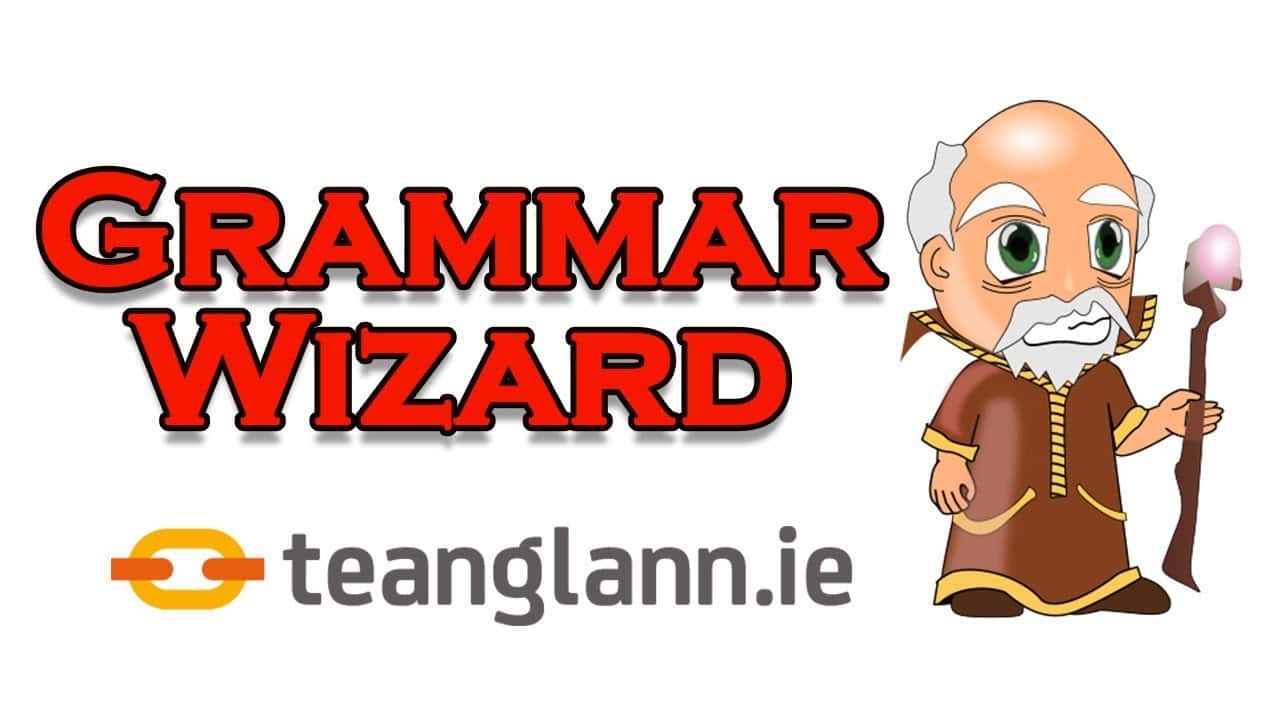 The online dictionary, language and terminology websites foclóir.ie, téarma.ie and teanglann.ie are invaluable, and include other tools, such as a grammar wizard (try it here!), pronunciation guides and much more – check out their Youtube channel for videos on how to make the best use of the websites.
The online dictionary, language and terminology websites foclóir.ie, téarma.ie and teanglann.ie are invaluable, and include other tools, such as a grammar wizard (try it here!), pronunciation guides and much more – check out their Youtube channel for videos on how to make the best use of the websites.
Click here for a summary of online resources relating to grammar and terminology. If you need help with pronunciation, try these tips on tools and resources.
You can also get help with specific questions from online forums such as Daltaí na Gaeilge, and the Irish Language Forum, either by searching through old threads or by posting your own question. There are also a wealth of articles that have been published online over the years that you’ll come across as you search, including whole websites dedicated to learners, such as bitesizeirish or nualeargais.ie.
Practice makes perfect
Conversation groups and events
A living language is a spoken one, of course, and we are lucky to have more than 250 Irish-language conversation groups (that we know of!) currently active around the country and also abroad.
These include conversation meet-ups, walking clubs, book clubs, pop-up Gaeltachts and more. To find one near you, where you can practice and improve your language skills, go to our home page and search for ‘Conversations Group’ in your county: 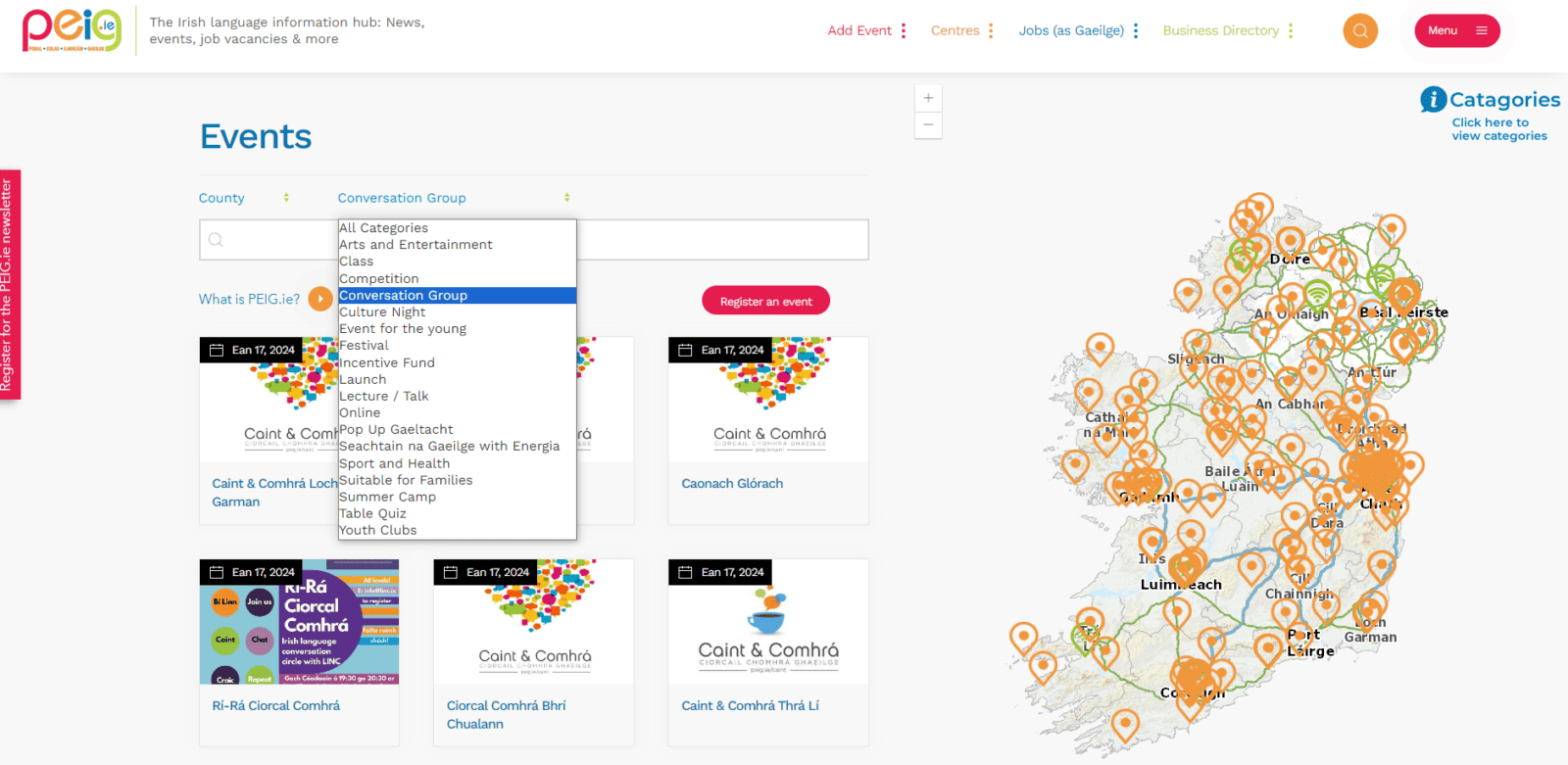 Some groups also meet online.
Some groups also meet online.
There are also other events with or through Irish that take place throughout the year, where you can also get to know other Irish speakers. Search for them on our home page Events listings, selecting the categories that interest you, or keep an eye on our daily newsletter (sample here) which includes notifications of new events every day. 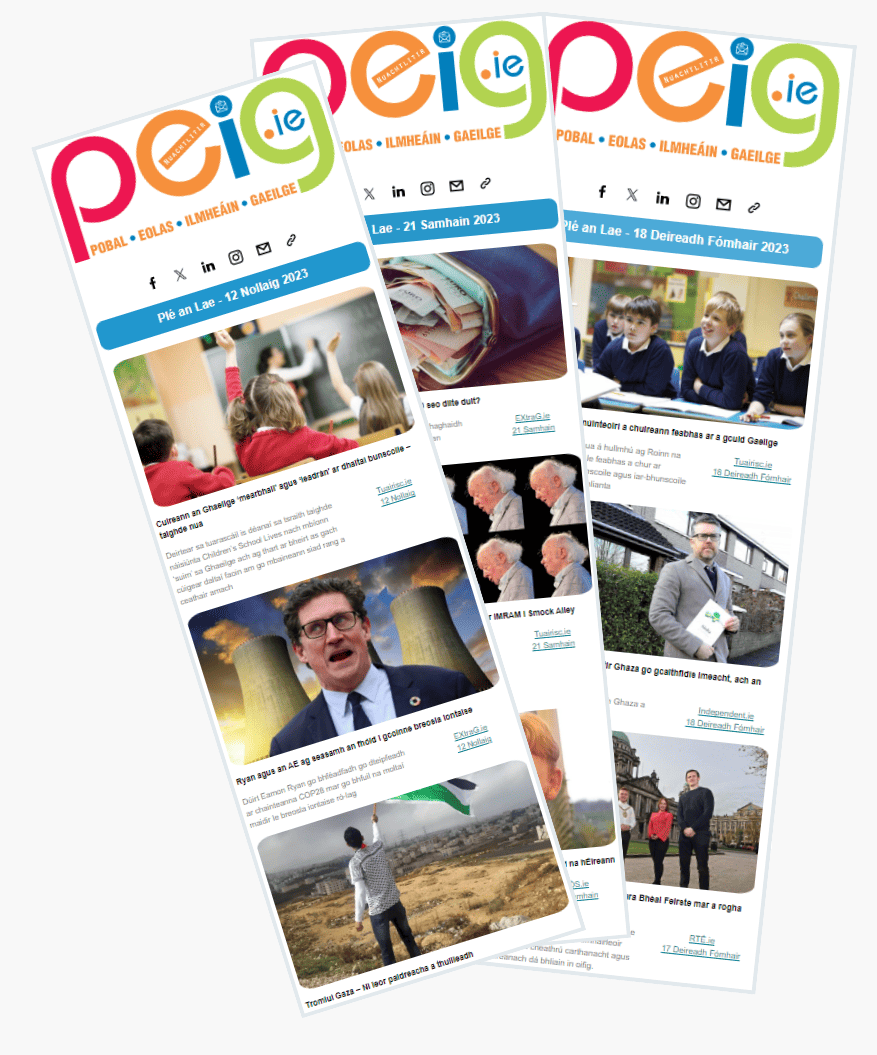
We also have a business listings directory of companies who are happy to provide their services to customers in Irish – another chance for you to practice your Irish in a practical way. See below for a few tips on businesses where you can use your Irish:
- Bialanna agus Caiféanna (in Irish only)
- Tithe lóistín (in Irish only)
- Tithe Tábhairne (in Irish only)
On Social Media
Irish has found a lively home on social media. Many accounts on Instagram![]() and Tiktok are set up specifically for learners, and there are groups on
and Tiktok are set up specifically for learners, and there are groups on ![]() Facebook where you can chat online to other Irish speakers, such as Gaeilge más féidir Béarla más gá, Gaeilge Amháin, Shop Gaeilge and others.
Facebook where you can chat online to other Irish speakers, such as Gaeilge más féidir Béarla más gá, Gaeilge Amháin, Shop Gaeilge and others.
Search for #gaeilge on your preferred platform and you are sure to find useful and entertaining content.
Other Media
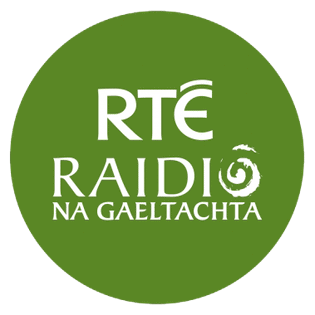 If you’re interested in podcasts, you may find a couple you’d like to follow on our list of podcasts with Irish. You can watch live programs on TG4 or from the TG4 archive, or listen to Irish-language radio stations such as Raidió na Gaeltachta, Raidió Fáilte, Raidió Rí-Rá, and Raidió na Life.
If you’re interested in podcasts, you may find a couple you’d like to follow on our list of podcasts with Irish. You can watch live programs on TG4 or from the TG4 archive, or listen to Irish-language radio stations such as Raidió na Gaeltachta, Raidió Fáilte, Raidió Rí-Rá, and Raidió na Life.
There are several online newspapers and magazines publishing topical content in Irish, such as Tuairisc, NÓS, Meon Eile, EXtraG, Éirebheo, and RTÉ, and The Irish Times and The Independent have Irish-language sections also. Our newsletter publishes 3-4 articles every day from these and other sources.
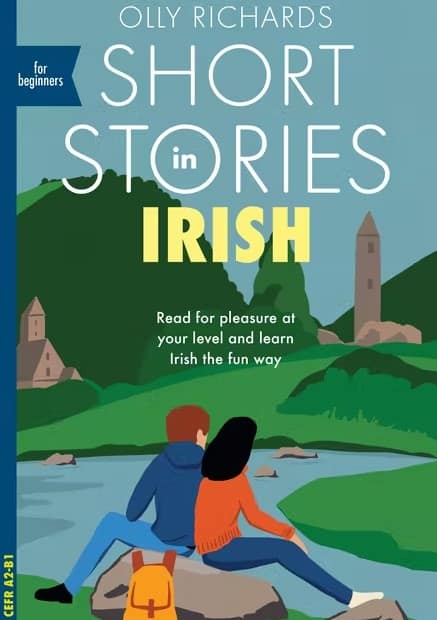
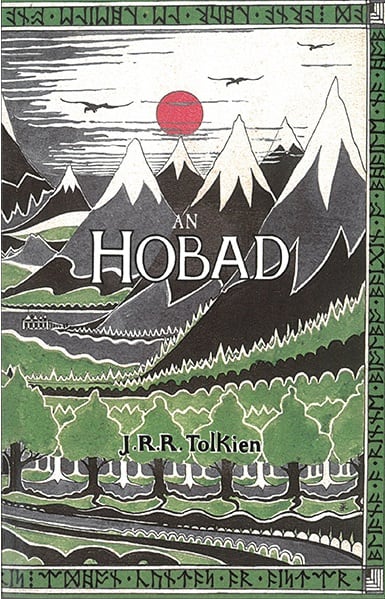 There are of course many books available to learners – not just textbooks, but fiction and short stories, similar to this one for learners, or why not try an translation of a story you already know like The Hobbit. Irish language books can be bought from An Siopa Leabhar, An Siopa Gaeilge, Siopa An Carn, Siopa Údar, An Ceathrú Póilí, Litríocht, Cló Iar-Chonnacht and others.
There are of course many books available to learners – not just textbooks, but fiction and short stories, similar to this one for learners, or why not try an translation of a story you already know like The Hobbit. Irish language books can be bought from An Siopa Leabhar, An Siopa Gaeilge, Siopa An Carn, Siopa Údar, An Ceathrú Póilí, Litríocht, Cló Iar-Chonnacht and others.
Irish is also available on Duolingo, if you are short of time but want to practice.
Other references
The following articles are also helpful for tips and hints for the learner:
- Want to learn Gaeilge for the New Year?
- The 3 Golden rules for learning Irish
- 5 tv shows to watch if you want to learn more Irish
- Get a grá for Gaeilge in 2024 with TG4
If you’re not already registered for our newsletter, you can register here for a daily taster of news, articles, events, vacancies and more, and you can receive it as an email or via Whatsapp.
If you have other suggestions for the learner, please let us know at peig@cnag.ie.






